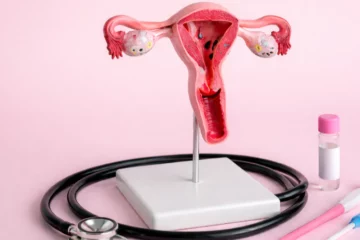“The underlying cost of Australia’s health system is the ailment; rising insurance premiums are just a symptom,” Mr Summerhayes said.
Health insurance regulators have sounded the alarm over rising medical costs and declared the current reform process must continue, only days after Labor leader Bill Shorten accused insurers of “a con” and vowed to cap premium increases at roughly half the current rate.
In a rare commentary on the state of the industry, Australian Prudential Regulation Authority official Geoff Summerhayes warned insurance companies were “under duress” as costs forced up premiums, leading members to drop their cover.
“The underlying cost of Australia’s health system is the ailment; rising insurance premiums are just a symptom,” Mr Summerhayes said. “Specifically, the fundamental forces pushing premiums up are higher claims costs experienced by insurers, through such factors as a greater uptake of medical services among policyholders and the rising cost of treatments and procedures.
“It is very much in the community’s interest that the current reform process continues, and private health insurers need to be an influential voice in that.”
His comments were in stark contrast to those of Mr Shorten, who last week said he was “fed up with the private health insurance industry treating Australians like mugs, gouging people on the basis of a con”. Rather than support the Coalition’s reform process or commit to alternative measures, Mr Shorten has promised a Productivity Commission inquiry and the unprecedented capping of premium increases at 2 per cent for two years while Labor considers its response.
Mr Shorten said “despite having a stack of cash in the bank and profits in the billions, the private insurers aggressively jack up their premiums each year”.
While Mr Summerhayes acknowledged the industry’s “healthy level of profitability,” he reiterated their capital levels were neither too high nor the cause of rising premiums.
APRA instead has proposed a tightening of regulatory requirements aimed at ensuring smaller insurers, in particular, can weather the storm or seek the relative safety of a merger.
“APRA has no current prudential concerns about the state of Australia’s private health insurance industry,” Mr Summerhayes said. “That was true in 2015 and it’s true now in 2018, but I’m not sure how much longer APRA will hold that view.”
In October, Health Minister Greg Hunt announced a package of insurance reforms, guided by the Private Health Ministerial Advisory Committee, and scheduled further work through to early 2020. He last month approved long-time low premium increases, due largely to mandated cuts to prostheses prices.
The government also has a taskforce examining the Medicare schedule, has taken a tougher approach on compliance and will negotiate new public hospital agreements this year.
[“Source-theaustralian”]




